Welcome to the world of mathematics in 10th standard! As you embark on this academic journey, you’ll quickly realize that math plays a pivotal role in your curriculum. Whether you find math fascinating or a bit challenging, this comprehensive guide is here to help you not only understand the importance of math but also provide you with effective strategies to score high in your 10th standard math exams.
The Significance of Math in 10th Standard
Mathematics forms the bedrock of your 10th standard education. It is a subject that transcends textbooks and classrooms, finding application in various aspects of daily life. From managing finances to understanding scientific principles, math is omnipresent. This subject sharpens your analytical thinking, problem-solving skills, and logical reasoning, making it an essential part of your academic journey.
Effective Math Study Strategies
To conquer math in the 10th standard, it’s crucial to adopt effective study strategies. Here are some tried-and-true methods that will not only help you understand math concepts better but also boost your confidence in tackling complex problems:
- Organize Your Study Space: Create a dedicated and clutter-free study area. Ensure you have all the necessary math tools like calculators, rulers, and graph paper at hand. A well-organized space can help you focus better.
- Set Clear Goals: Define your math study goals. Break down your objectives into smaller, manageable tasks. For instance, aim to complete a certain number of math problems or concepts each day.
- Understand the Fundamentals: Before diving into complex topics, ensure you have a strong grasp of the foundational concepts. Reviewing basics not only builds a solid foundation but also helps in solving advanced problems.
- Active Learning: Instead of passive reading, engage in active learning. Take notes, create flashcards, and summarize key points in your own words. This reinforces your understanding of the material.
- Practice Regularly: Math is a subject where practice makes perfect. Solve a variety of problems from different topics. Start with easier problems and gradually move to more challenging ones. Consistent practice hones your problem-solving skills.
- Seek Clarification: Don’t hesitate to ask your teachers or classmates for help when you encounter difficulties. Discussing problems with others often provides new perspectives and insights.
- Use Online Resources: In the digital age, there’s an abundance of online math resources, including video tutorials, interactive quizzes, and forums. These can be valuable supplements to your textbook.
- Mindful Reading of Textbooks: When studying math textbooks, don’t merely skim through the text. Read each section attentively, and work through the examples provided. Understanding the theory behind mathematical concepts is crucial.
- Practice Time Management: Allocate specific time slots for math study. Avoid cramming the night before exams. Consistent, daily practice is far more effective.
- Take Breaks: While studying, it’s essential to take short breaks to refresh your mind. Research has shown that studying in short, focused bursts is more productive than marathon sessions.
- Self-Testing: Regularly test yourself with practice quizzes and mock tests. Assess your performance honestly and identify weak areas that need more attention.
- Review Your Mistakes: Don’t just move on after solving a problem. Review your mistakes, understand where you went wrong, and learn from them. This prevents you from repeating errors.
- Utilize Past Papers: Solve previous years’ question papers and sample papers. This helps you become familiar with the exam pattern and boosts your confidence.
- Stay Healthy: A healthy body supports a healthy mind. Ensure you get adequate sleep, eat well-balanced meals, and stay hydrated. Physical fitness contributes to mental alertness.
- Stay Positive: Maintain a positive attitude toward math. A “can-do” mindset can significantly impact your performance. Believe in your ability to tackle mathematical challenges.
- Teach Others: Explaining math concepts to someone else is an excellent way to solidify your own understanding. Teach a friend or family member what you’ve learned.
Incorporating these effective math study strategies into your daily routine will not only improve your performance but also make math an enjoyable and manageable subject. Remember, success in math is not solely about innate talent but more about dedication, practice, and the right approach.
Overcoming low scores in 10th Grade
Understanding Key Math Concepts
In the journey of mastering math in the 10th standard, comprehending key mathematical concepts is akin to building the foundation of a sturdy house. Here’s how you can delve into and conquer these essential mathematical principles:
- Learn the Fundamentals: Start with a clear understanding of the basics. Grasping concepts like numbers, operations, fractions, decimals, percentages, and ratios is vital. Ensure you can perform fundamental operations like addition, subtraction, multiplication, and division with ease.
- Geometry and Shapes: Geometry plays a significant role in 10th-grade math. Understand the properties of basic shapes, angles, and polygons. Learn about congruence, similarity, and transformations. Visualization is key here; use diagrams and drawings to aid your understanding.
- Algebraic Expressions: Algebra introduces you to variables, equations, and expressions. Master solving linear equations, inequalities, and quadratic equations. Explore the properties of algebraic expressions, such as simplification and factorization.
- Real Numbers and Their Properties: Get comfortable with real numbers, including rational and irrational numbers. Understand the properties of real numbers, such as commutativity, associativity, and distributivity.
- Functions and Graphs: Functions are fundamental in math. Learn about functions, their domains, ranges, and operations. Practice graphing functions and understanding their behavior.
- Trigonometry: Trigonometry deals with angles and triangles. Familiarize yourself with trigonometric ratios like sine, cosine, and tangent. Solve trigonometric equations and apply them to real-world problems involving angles and distances.
- Statistics and Probability: Understand the basics of statistics, including data collection, representation, and interpretation. Learn about measures of central tendency (mean, median, mode) and dispersion (range, variance, standard deviation). Additionally, delve into probability theory, including calculating probabilities and understanding concepts like independence and conditional probability.
- Coordinate Geometry: Coordinate geometry combines algebra and geometry to study the relationship between geometric figures and algebraic equations. Learn to plot points, calculate distances, and find equations of lines and curves in the coordinate plane.
- Calculus Basics: While 10th-grade math typically doesn’t delve deep into calculus, it’s valuable to grasp the basic concepts. Understand limits, continuity, and differentiation at a foundational level. This knowledge will be beneficial if you plan to pursue higher mathematics in the future.
- Problem-Solving Skills: Developing problem-solving skills is essential. Practice solving a wide range of mathematical problems. Break down complex problems into smaller, manageable steps. Apply different strategies and techniques to tackle various types of math challenges.
- Seek Clarification: Don’t hesitate to seek clarification from your math teacher or peers if you encounter concepts you find challenging. Often, a different perspective or explanation can make complex topics clearer.
- Real-World Applications: Recognize the real-world applications of the math concepts you’re learning. Whether it’s calculating areas and volumes or understanding financial mathematics, seeing how math relates to everyday life can enhance your understanding.
- Relate Concepts: Connect new concepts to previously learned ones. Mathematics is a cumulative subject, and understanding how different topics relate to each other can make learning more cohesive.
- Practice, Practice, Practice: The more you practice, the more confident you become in applying mathematical concepts. Solve a variety of problems, including exercises from textbooks, sample papers, and additional resources.
- Study with Peers: Group study sessions with classmates can be highly beneficial. Discussing and explaining concepts to one another can deepen your understanding.
Mastering these key math concepts in the 10th standard will not only help you excel in your examinations but also set a strong foundation for advanced math studies in the future. Remember that patience and persistence are your allies in the world of mathematics.
Science Project Ideas for 10th Grade
Solving Math Problems: Tips and Techniques
Understand Problem Statements: Read math problems carefully, identifying key information and requirements. Highlight or underline critical data.
- Plan Your Approach: Before diving into calculations, formulate a step-by-step plan to solve the problem. This helps prevent errors and ensures a structured solution.
- Show Your Work: In math, clarity is crucial. Neatly write out your calculations, showing each step. This not only helps you track your progress but also makes it easier for teachers to award partial credit.
- Check Your Answers: After solving a problem, double-check your answer. Ensure it aligns with the problem statement and the calculations are accurate.
- Practice Mental Math: Improve your mental math skills for quick calculations, which can save time during exams.
Test and Exam Preparation
- Practice Previous Year Papers: Solve previous years question papers to get a sense of the exam pattern and types of questions asked.
- Mock Tests: Take mock tests under exam conditions to assess your time management and identify weak areas for improvement.
- Time Management: Allocate specific time limits to each section or question during practice tests to enhance your time management skills.
- Revision: Regularly revise concepts and formulas. Create concise notes or flashcards for quick revision.
- Stay Calm: On the day of the exam, stay calm, and read instructions carefully. Begin with the questions you find easiest to build confidence.
Practice Makes Perfect: Math Exercises
To reinforce your math skills, here are some math exercises you can practice:
- Arithmetic: Work on arithmetic problems involving addition, subtraction, multiplication, and division.
- Word Problems: Solve real-world math problems, such as those related to finance, percentages, and ratios.
- Geometry: Practice geometry problems, including finding areas, perimeters, and solving congruence and similarity problems.
- Trigonometry: Solve trigonometric equations and problems involving angles, sine, cosine, and tangent.
- Algebra: Practice solving equations, inequalities, and working with algebraic expressions.
- Calculus: Familiarize yourself with basic differentiation and integration problems.
Note-taking strategies for 10th grade students
Conclusion and Success in 10th Standard Math
As you navigate the intricate world of mathematics in your 10th standard, remember that practice, dedication, and effective study strategies are your keys to success. Math may seem challenging at times, but it is also a subject that rewards effort and persistence. Embrace the beauty of mathematical concepts, and you’ll not only excel academically but also develop problem-solving skills that will serve you well throughout your academic journey and beyond.
Now, let’s embark on this mathematical adventure together, where every problem becomes an opportunity to learn and grow. Best of luck with your 10th standard math endeavors!
Have any math-related questions or need further assistance? Feel free to reach out; we’re here to help!






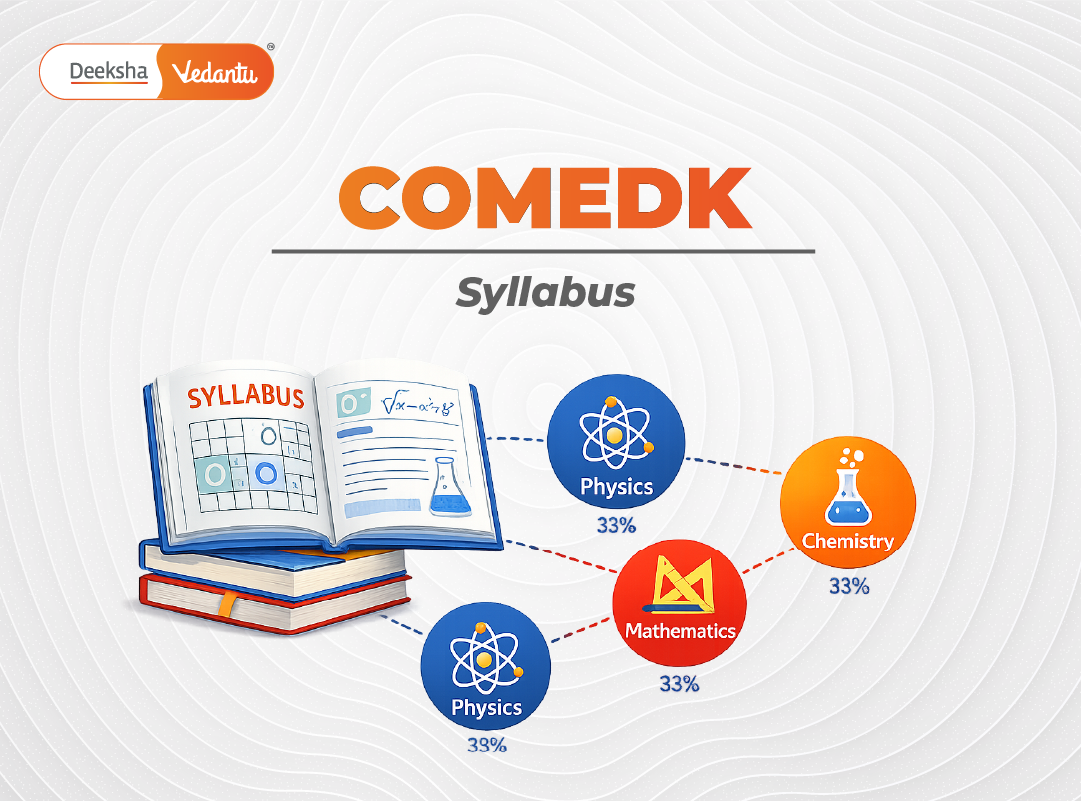
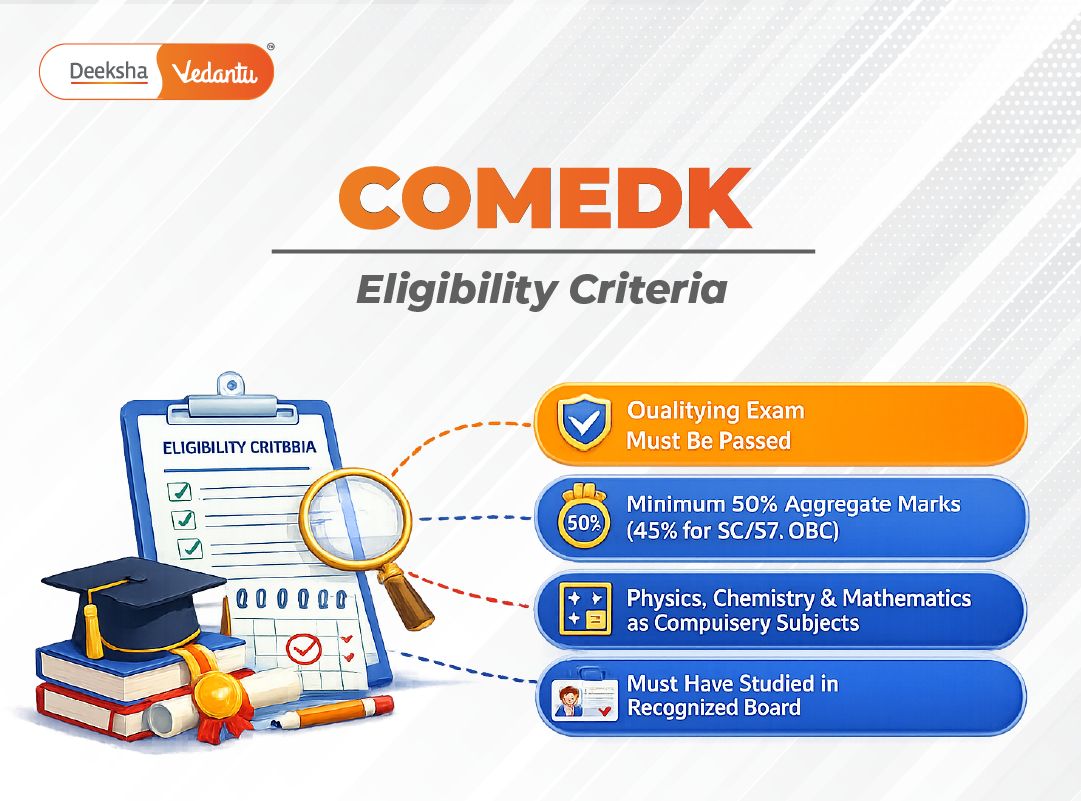

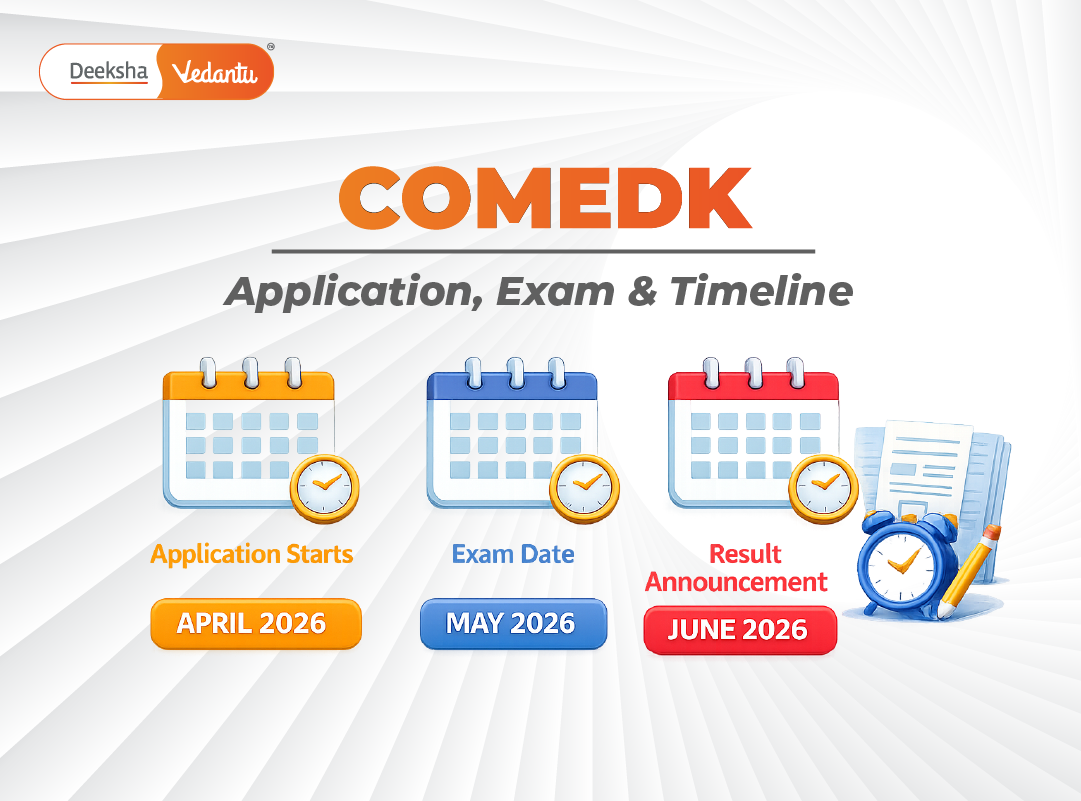
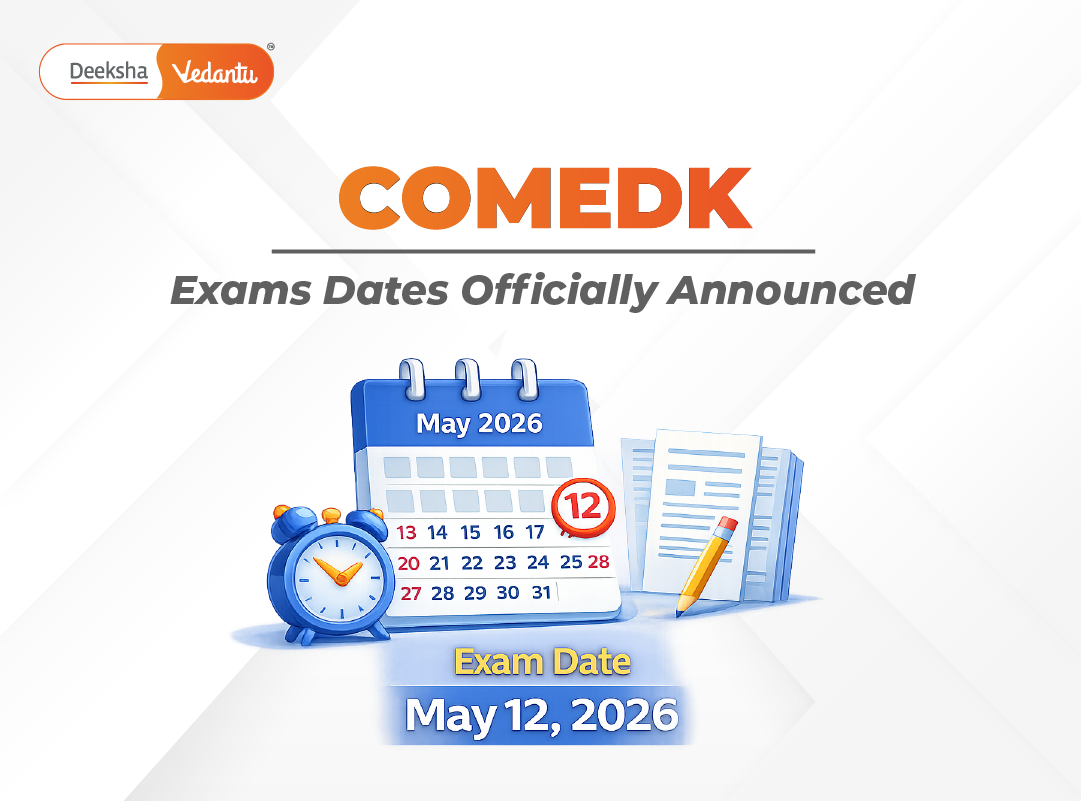
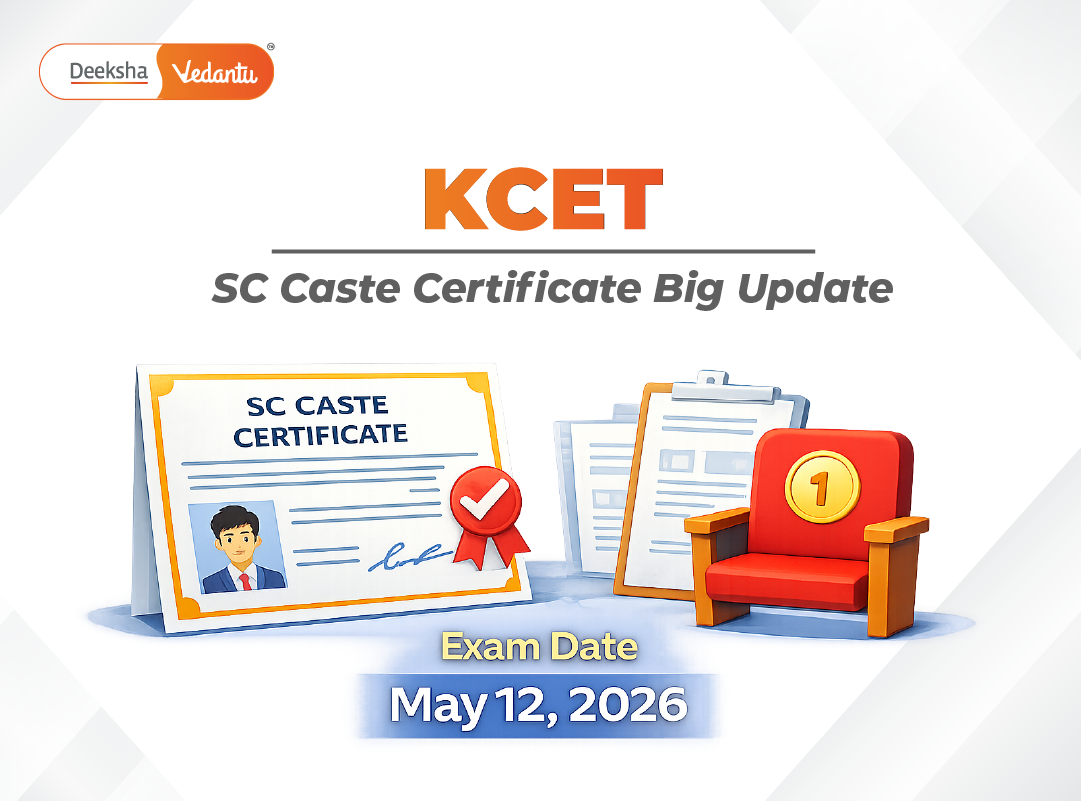


Get Social